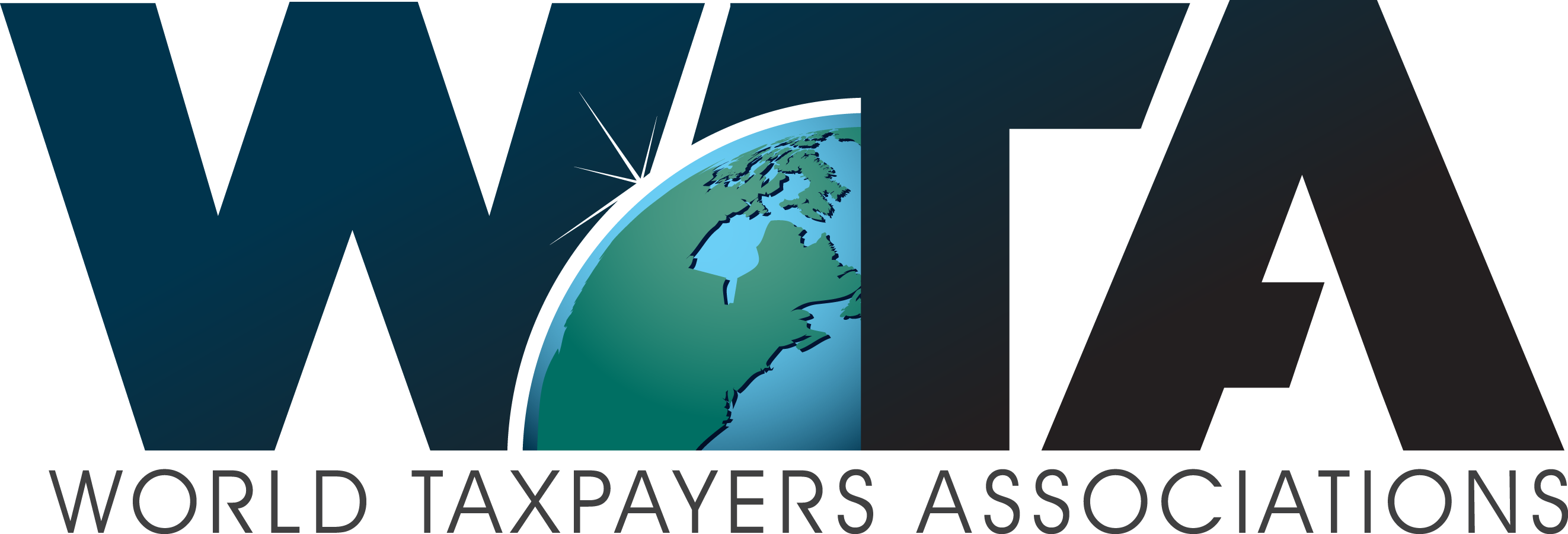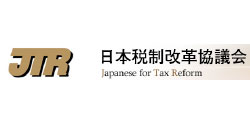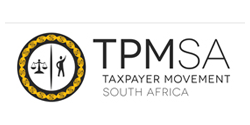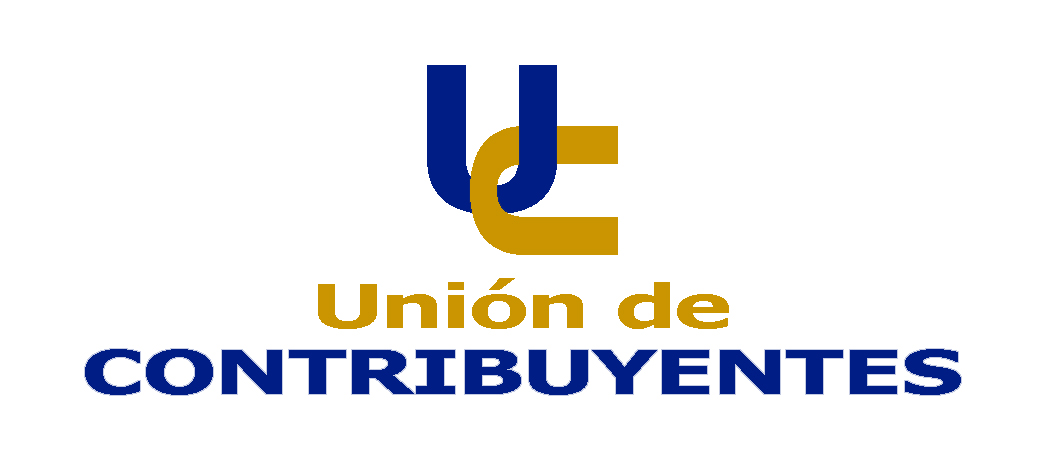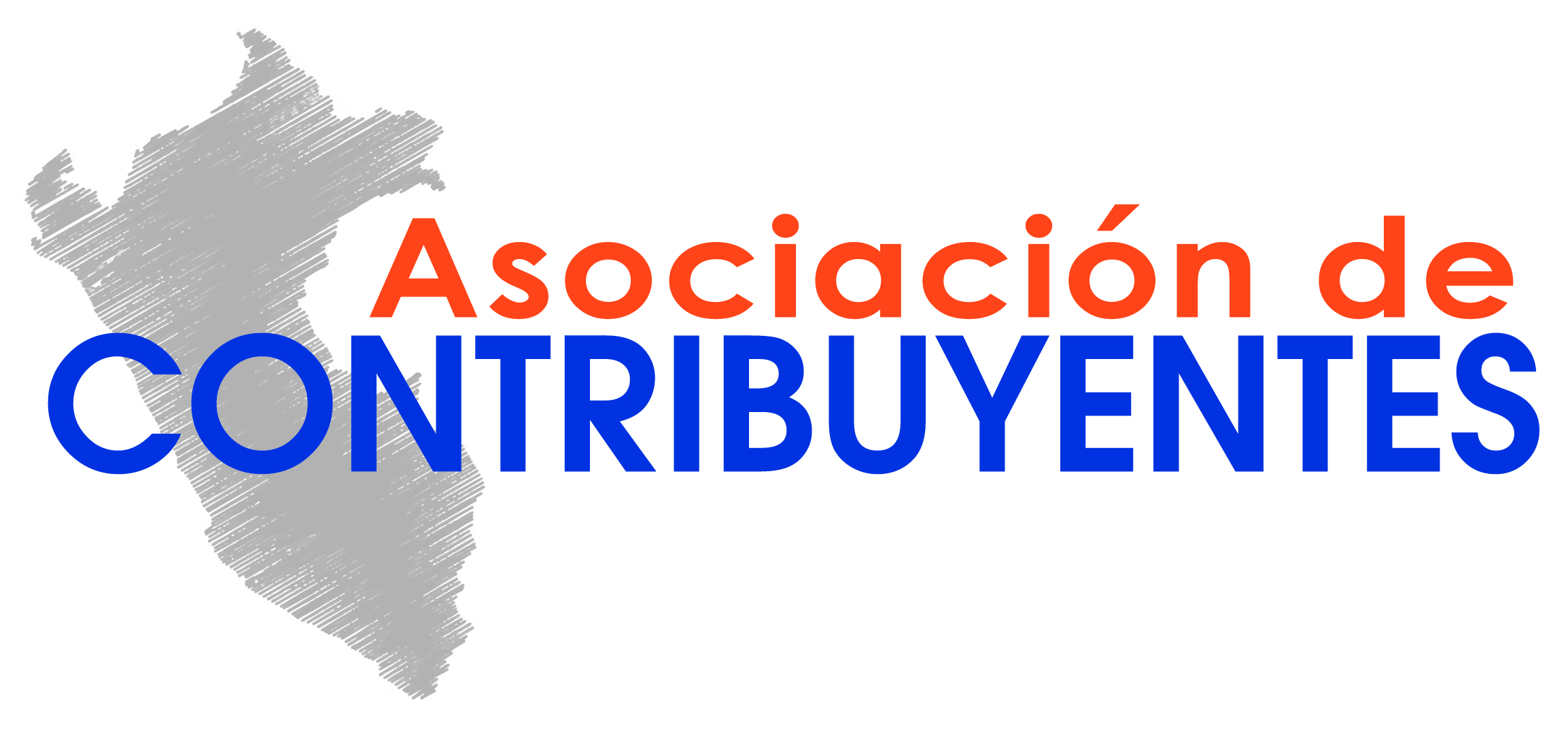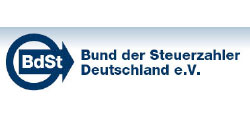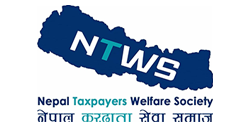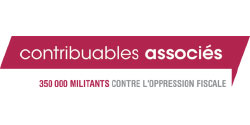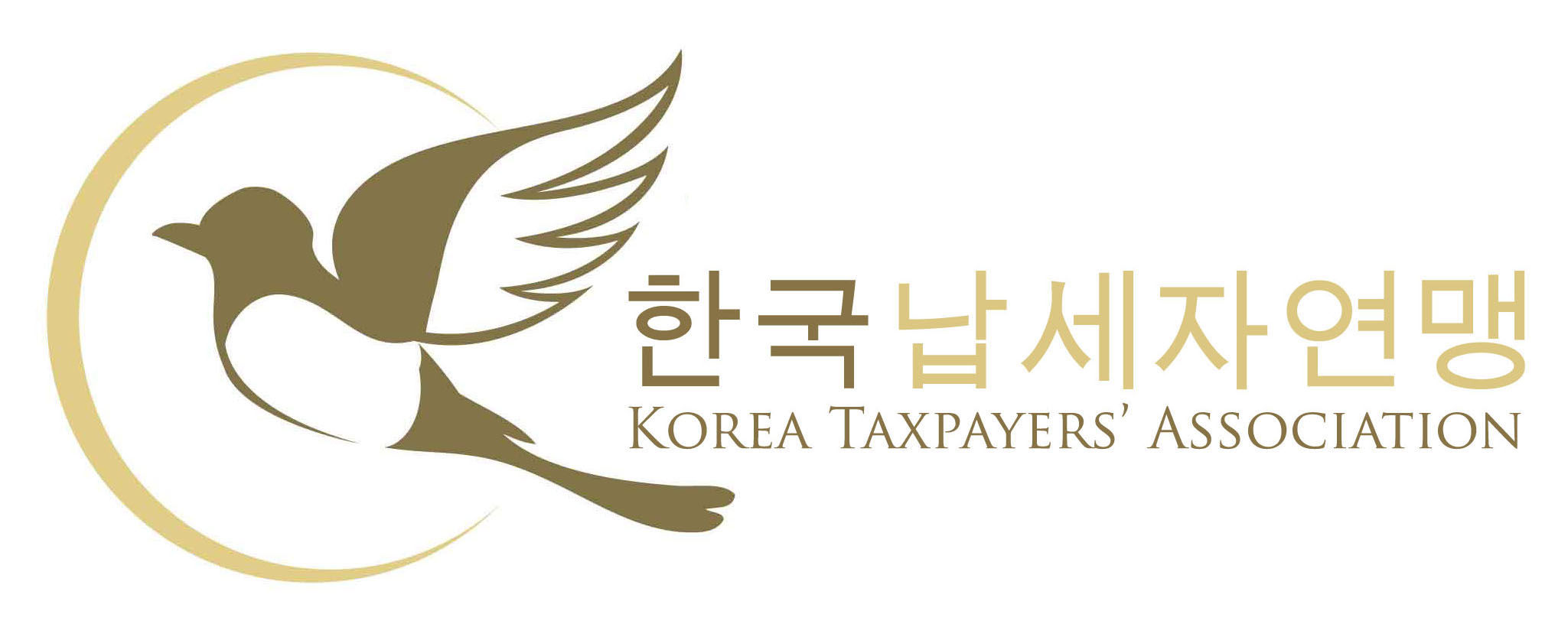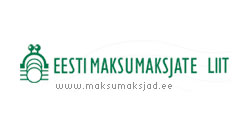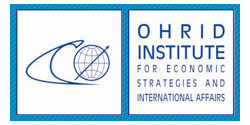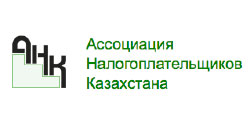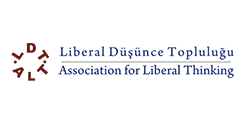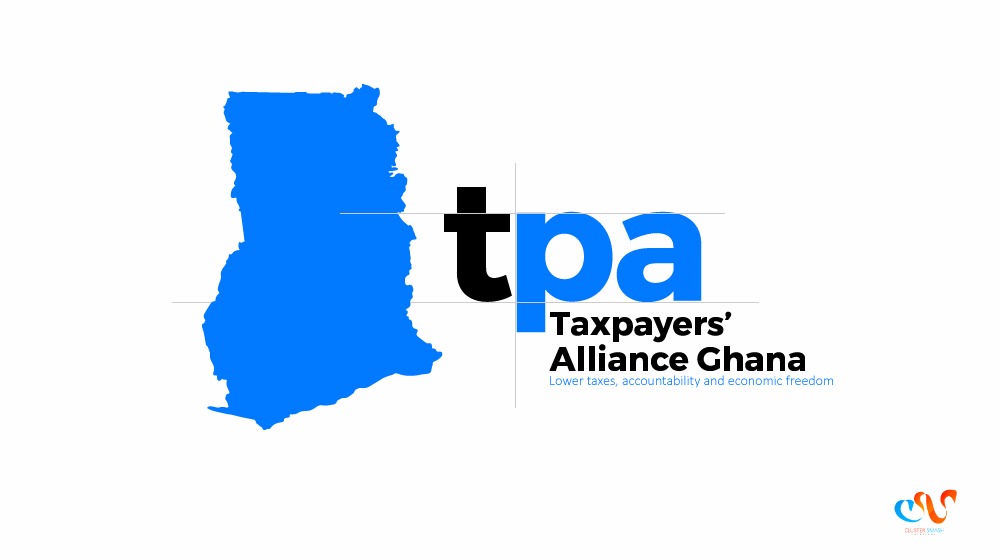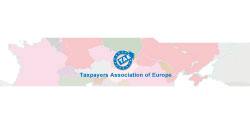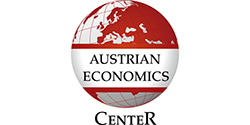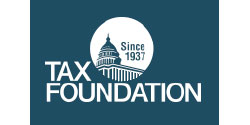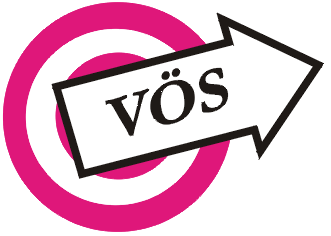Property Rights Alliance Releases its 2019 International Property Rights Index

Property Rights Alliance, in partnership with the Foundation for Economic Freedom and Minimal Government Thinkers in the Philippines, released the 2019 International Property Rights Index. The Index measures the strength of physical property rights, intellectual property rights, and the legal and political environments that enforce them.
The global index ranks property right protections in 129 countries, covering 98% of world GDP and 94% of the world population.
Only a tenth of the world’s people live in 20 countries with the strongest protections of property rights. These are also some of the wealthiest countries in the world. In fact, countries in the top quintile of the Index have a per capita income 16 times greater than those at the bottom.
Property rights are a key ingredient for economic and social prosperity. “Poor property rights ecosystems,” writes economist Hernando de Soto, keep “six billion people and their $9.3 billion in capital locked out of the formal economy.” Lorenzo Montanari, the Executive Director of Property Rights Alliance, said “property rights are human rights, without them people are restrained in how they act, how they speak, and how they participate in the economy.”
Key Findings
Finland remains 1st overall in protection of property rights, experiences a slight decrease in the legal and political environment.
United States experienced increases in all categories and moves passed Denmark and the United Kingdom on the way from 14th to 12th in property rights protections overall. The United States leads the world in copyright and patent intellectual property protections.
While the trade war between China and the United States has drawn attention to the importance of intellectual property rights, the IP gap remains the same. Western Europe and North American continue to lead the world in intellectual property protections with an average score of 39 percent greater than the rest of the world.
Closing this gap is “key to transitioning from an extractive economy to one that competes in products and services only limited by the human imagination,” said Montanari, “too often valuable ideas and art are stolen while governments turn a blind eye, or indeed participate”.
For more information, click here.

